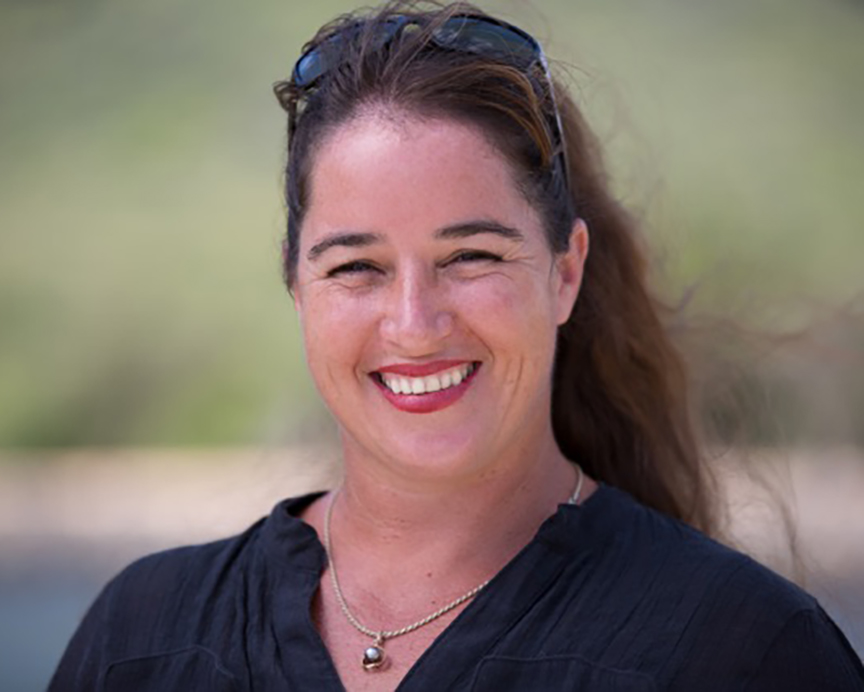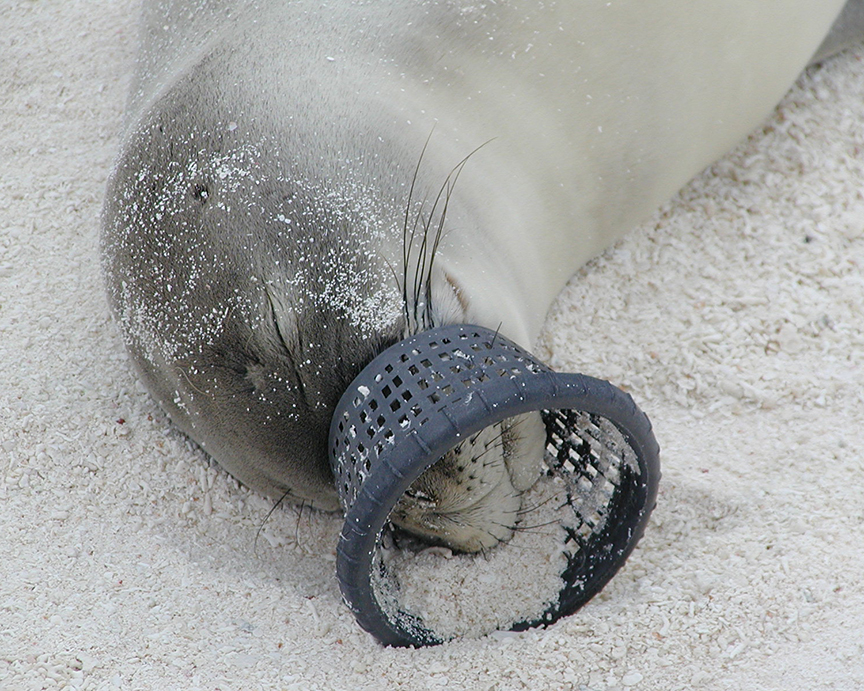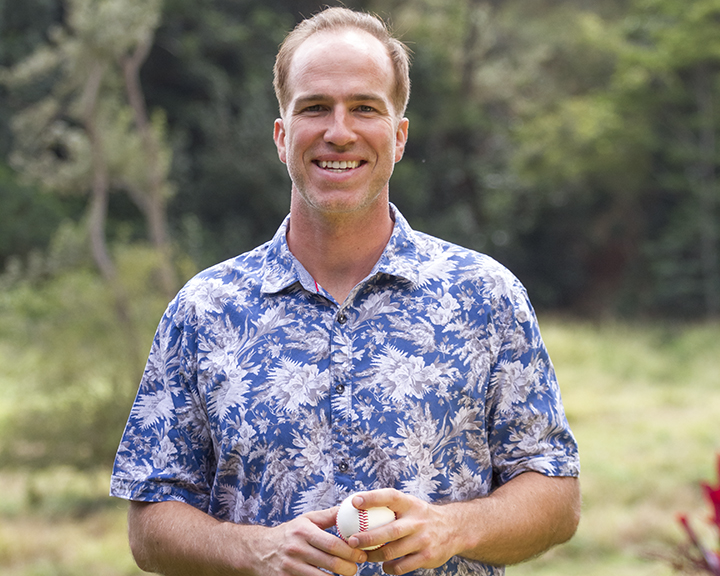
JABSOM researchers provide supporting evidence on the study. Graphic courtesy of UH
University of Hawaiʻi at Mānoa John A. Burns School of Medicine researchers who study the micronutrient selenium were encouraged by a recent study out of China that looked at the positive association between selenium and reported cure rates of COVID-19 cases, as recently reported by UH.
Lucia Seale, Daniel Torres, Marla Berry and Matthew Pitts with JABSOM’s Department of Cell and Molecular Biology sent commentary published in the American Journal of Clinical Nutrition that endorsed the study conducted by J. Zhang and collaborators on “Association between regional selenium status and reported outcome of COVID-19 cases in China.”
The study analyzed data gathered from 17 cities in China, known to have populations with both the lowest and the highest selenium status in the world, according to UH.
Selenium is a trace element that is naturally present in many foods (fish, meat and cereals), and is available as a dietary supplement. It is nutritionally essential for humans. It is a constituent of more than two dozen selenoproteins that play critical roles in reproduction, thyroid hormone metabolism, DNA synthesis, and protection from oxidative damage and infection.
“This may provide novel insights into mechanisms leading to the severity of COVID-19 and gauge the demographic most likely to benefit from selenium supplementation and/or treatment in the fight against COVID-19,” associate researcher Seale said.
Discover more from ForKauaiOnline
Subscribe to get the latest posts sent to your email.





Leave a Reply